
Workers at Thaco Chu Lai Factory (Quang Nam) assemble auto accessories - Photo: HUU HANH
According to businesses and experts, Resolution 68 and Resolution 139, along with specific actions by the Government, have opened up many ways to access resources for businesses. However, issuing policies is not enough; the important thing is that the implementation policy must create a fair and effective mechanism for businesses to access resources.
Tuoi Tre acknowledges the enthusiasm of businesses "placing orders" sent to the Prime Minister .
Mr. Truong Sy Ba (Chairman of Tan Long Group):
Waiting for drastic and far-reaching reforms

Mr. Truong Sy Ba
Resolution 68 is like a "shower in the middle of a drought", for the first time placing the right role of private enterprises in the economy. We have high expectations for the thinking and implementation methods of ministries, departments and branches to turn this policy into real action, bringing concrete changes to the economy, instead of just stopping at documents. Hopefully there will be more profound and drastic reforms.
Operating in the fields of rice, livestock and raw material import, Tan Long focuses on investing in technology for the post-harvest stage. However, the business faces difficulties due to high capital mobilization interest rates (8-10%) while industry profits are low. Therefore, we propose that there should be preferential interest rate policies, especially for agricultural production, processing and preservation - a key factor to reduce post-harvest loss rates, currently up to 15-30% in the Mekong Delta.
In the livestock sector, Tan Long aims to supply 10 million commercial pigs per year by 2030. However, administrative procedures lasting up to three years for each project force businesses to buy back projects that have completed their documents, doubling investment costs. Businesses hope that Resolution 68 will promote strong reforms and create conditions to shorten the project implementation process.
In addition, it is recommended to amend the provisions of the Competition Law 2018. Specifically, according to this law, enterprises with expansion activities of VND 3,000 billion or more must report to the National Competition Commission and wait at least 90 days, or even longer. This is causing great obstacles for rapidly growing enterprises in Vietnam. In the spirit of Resolution 68, which encourages enterprises to grow and expand globally, such regulations need to be reviewed and amended accordingly.
We propose that a post-audit mechanism can be applied instead of a pre-audit mechanism to avoid the situation where businesses are delayed and miss development opportunities due to having to wait too long.
Mr. Pham Van Viet (Chairman of Viet Thang Jeans Company):
Need for practical policies for supporting industries and technological innovation
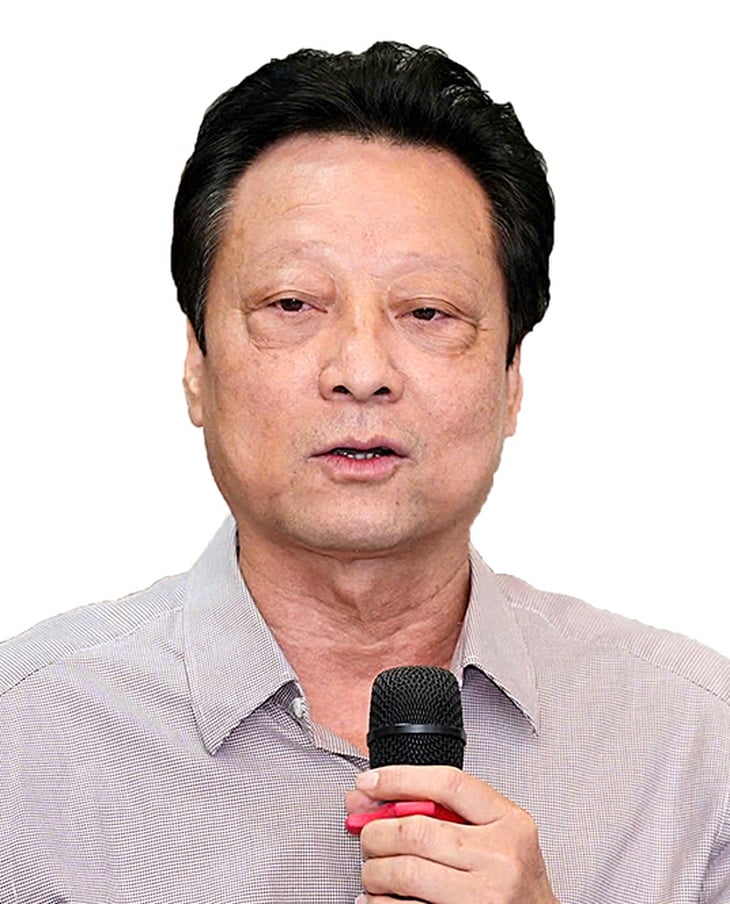
Mr. Pham Van Viet
Currently, Vietnam has no real policies in place to support the supporting industry and promote technological innovation. Although enterprises have converted technology since 2009 - 2010, the implementation has encountered many difficulties due to the need to hire foreign consultants and invest heavily in modern production lines, with costs up to 25 million USD.
Industry profit margins are only 7-8%, forcing businesses to sell assets for reinvestment, while access to preferential credit remains very limited.
Technologies like 3D design and cutting reduce labor by up to 85%, but to scale across the industry, specific financial policies are needed.
For the textile and garment industry to develop sustainably, the State needs to support supporting and high-tech industries through green finance packages or preferential credit. At the same time, it is necessary to review the credit rating system, creating conditions for even struggling businesses to access capital for recovery and development. These policies need to be guided and implemented promptly so as not to lose their effectiveness.
Besides capital, high-quality human resources are the key factor. We propose to enhance training in technology skills, analytical thinking and decision-making for young workers, and at the same time, take advantage of overseas Vietnamese resources to organize online training.
In terms of long-term strategy, it is necessary to invest systematically in the domestic market and Vietnamese brands. One of the specific proposals is to build a fashion center or park in Can Gio - a place that integrates research, design, fashion shows, training and brand promotion. However, up to now, Ho Chi Minh City has not yet arranged land funds or appropriate support policies to realize this project.
Mr. Nguyen Huu Phuoc Nguyen (co-founder and CEO of Selex Motors):
If you don't do it now, you never will.

Mr. Nguyen Huu Phuoc Nguyen
Resolution 68 is the most important document in many years, when for the first time the private economy was established as the most important driving force of the economy. This is the foundation for Vietnam to break through and rise to the regional and world level.
However, the resolution is just the beginning. To realize great expectations, the National Assembly and the Government need to quickly concretize them into a synchronous and substantive legal and policy framework - in which the key issue is human resource development.
Vietnam's current human resources are suitable for the level of a middle-income country, not yet having enough foundation to develop to a higher level.
There is no shortage of quantity, but there is a shortage of high-quality personnel with the capacity to master large-scale and complex projects. In particular, the development capacity of Vietnamese workers is slowing down early - usually from 30 to 35 years old - while human resource costs are increasing.
We also need to frankly look at the limitations in thinking and value systems, such as many workers "only know how to do, not think", lack creativity, are passive, work according to stereotypes and focus on personal interests. Meanwhile, important skills such as critical thinking, problem-solving ability or cooperation ability have not been focused on systematic training.
Therefore, we propose a profound reform in education, starting with "teaching to be human": nurturing courage, responsibility, kindness and respect for individual differences. The education system needs to help students understand their strengths and weaknesses, develop independent thinking, critical thinking and a comprehensive foundation. A student who is good at STEM can quickly build a robot, but if they are imbued with literature and history, they will create more interesting, valuable and safe robots.
Personalization, respect and promotion of individual differences need to be done so that each student understands himself, his strengths/weaknesses. Although there is more emphasis on STEM training, other subjects must not be forgotten.
Businesses waiting to remove barriers to capital access
After Resolution 68 was issued, the business community recognized a new breath of life for investment and business activities. However, in order for the reform spirit to be put into practice, businesses believe that it is necessary to quickly concretize the mechanism and remove long-standing barriers in the implementation system.
Businesses ready to participate in large projects
According to Ms. Nguyen Thanh Huong - Investment Director of Nam Long Group, Resolution 68 brings new confidence and trust to the private economic sector, especially in cooperation with international partners. However, the suspension or slow implementation of many real estate projects in the past few years has prevented foreign capital from entering Vietnam as expected.
"Many international investors are still interested and willing to accompany the Vietnamese market for a long time. We hope that the policy will soon be concretized so that we can implement large projects, such as urban development associated with transportation (TOD)," Ms. Huong emphasized, affirming that Nam Long and its partners are ready to participate if there is a transparent and timely mechanism.
In the agricultural sector, Mr. Nguyen Dinh Tung, General Director of T&T Vina Company, said that many current policies still have the mindset of "if you can't manage it, then ban it", which limits initiatives and investment needs.
Specifically, in the durian growing industry, a field that requires large capital but slow recovery, farmers cannot use assets on land as collateral for loans because the law only recognizes red books. "We recommend that it is necessary to soon recognize and allow mortgages of assets formed on agricultural land, so that people have the opportunity to access credit and expand production," Mr. Tung proposed.
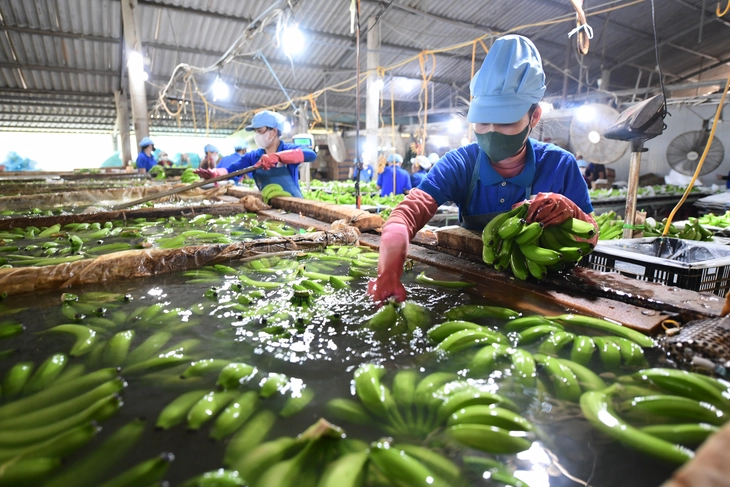
Workers process and package bananas for export at Huy Long An Company Limited in Duc Hue district, Long An province - Photo: QUANG DINH
Need to overcome "fear of responsibility"
From a local perspective, Mr. Tran Thanh Trong, General Director of Sang Ban Mai Joint Stock Company and Vice President of Binh Duong Province Business Federation, said that the major bottleneck is not in policy but in implementation.
"There are local officials who are afraid of making mistakes and do not dare to approve documents, leading to prolonged project delays, even after the entire term of office, they are still not completed," Mr. Trong shared. He hopes that the reform spirit in Resolution 68 will spread to every department and official, helping to significantly shorten the time to process procedures.
At the same time, he also emphasized task number 8 of the resolution on building a responsible business culture. According to him, institutional reform is a two-way process, businesses themselves must also change, comply with the law, be transparent and together create a responsible business ecosystem.
Source: https://tuoitre.vn/moi-truong-kinh-doanh-tot-doanh-nghiep-se-lon-manh-20250531082149124.htm








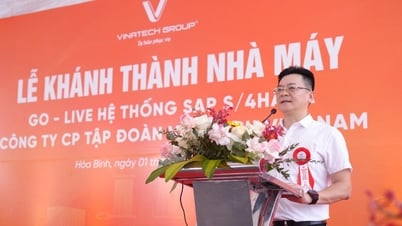



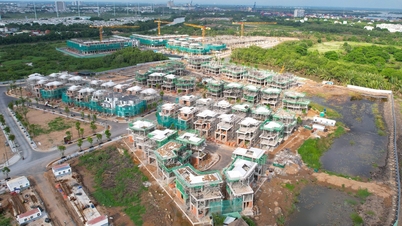








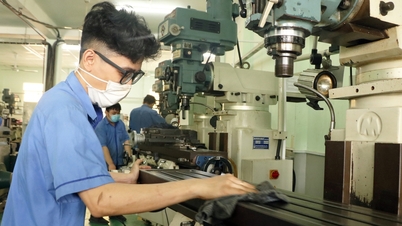


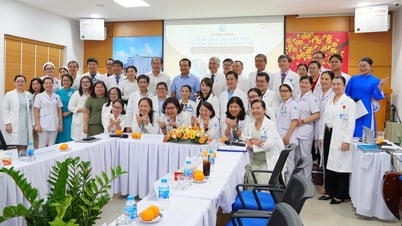
























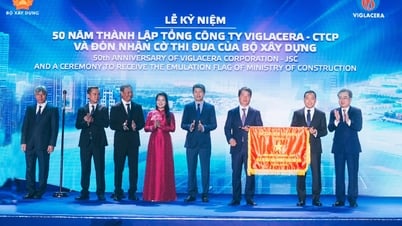

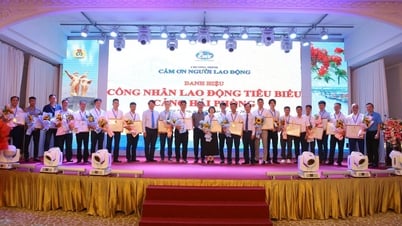








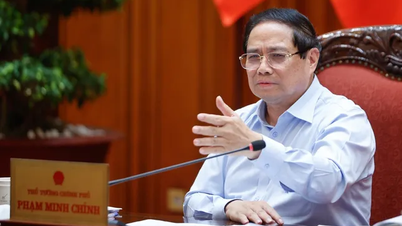





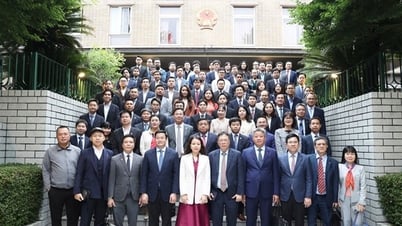

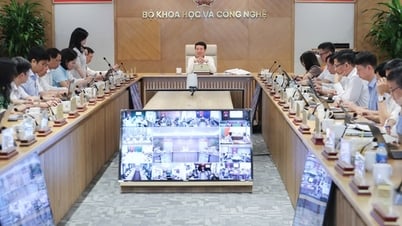
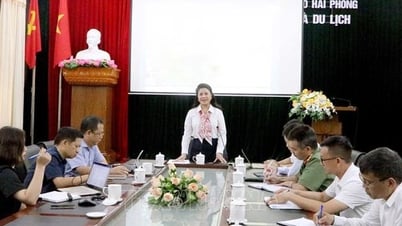

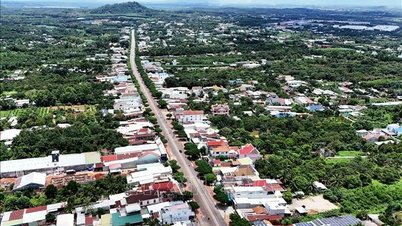



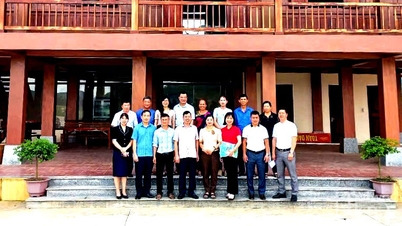

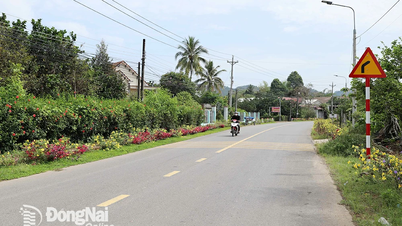


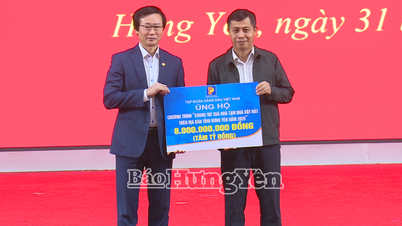

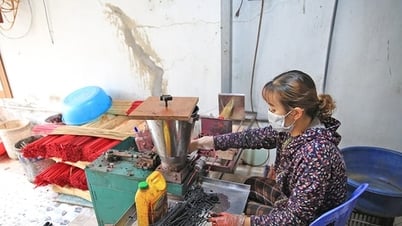










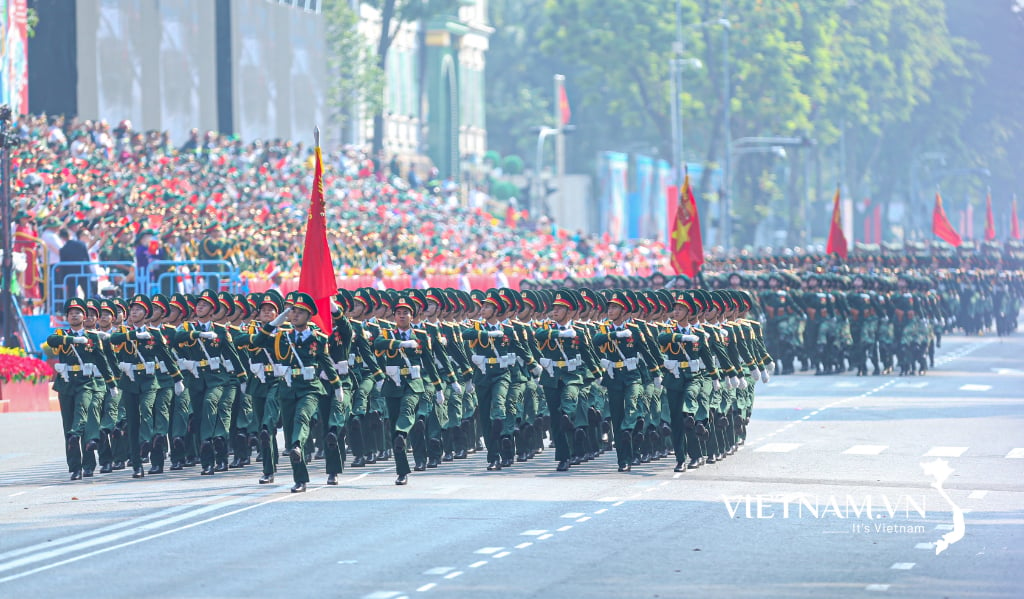

Comment (0)